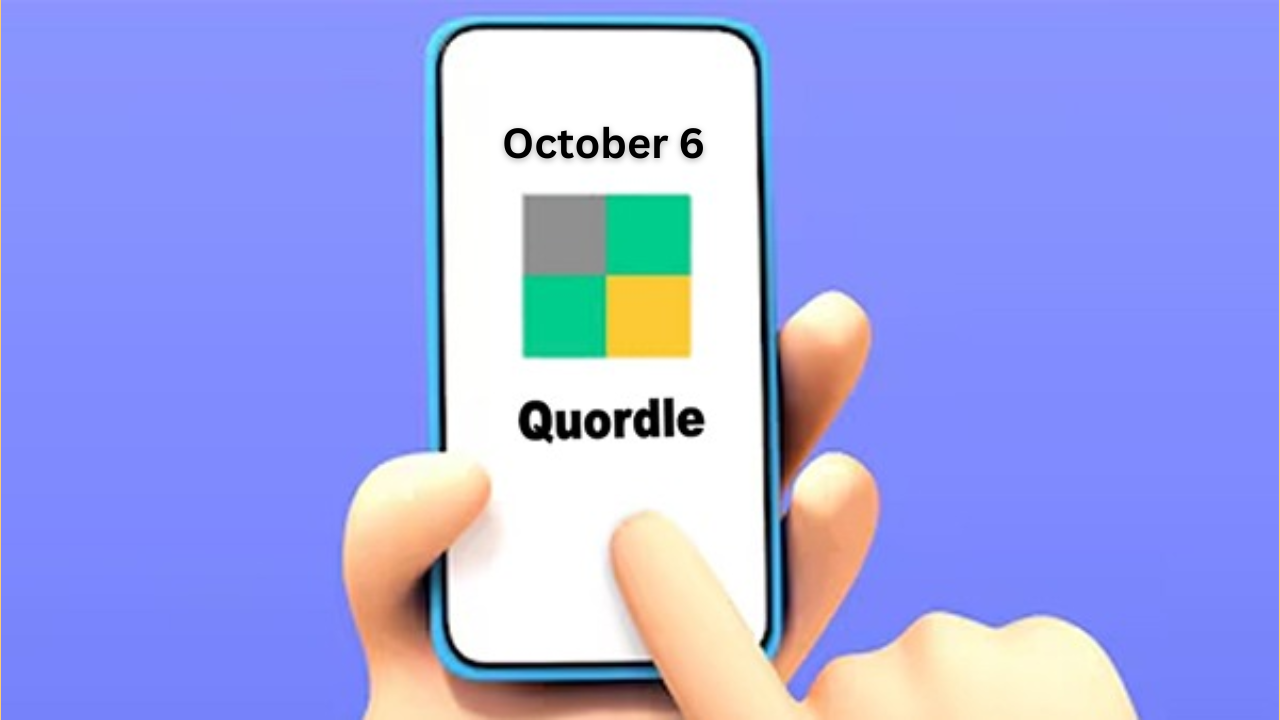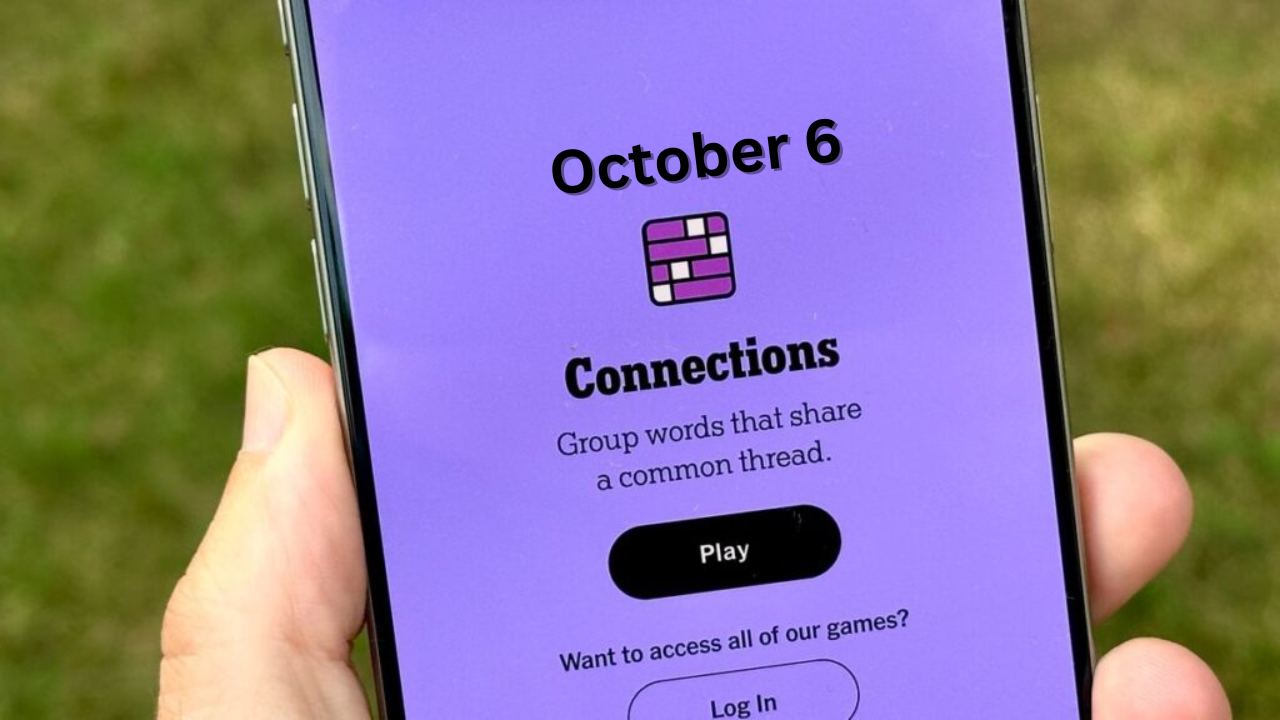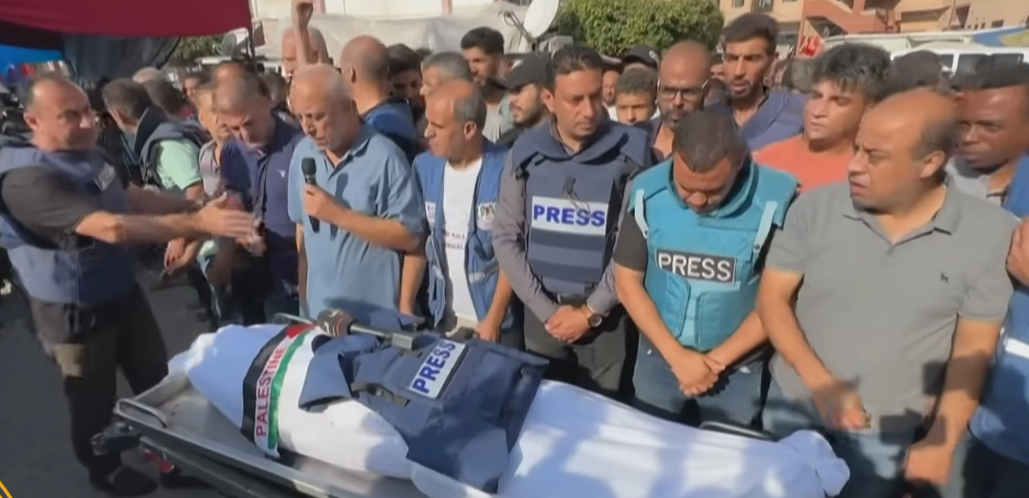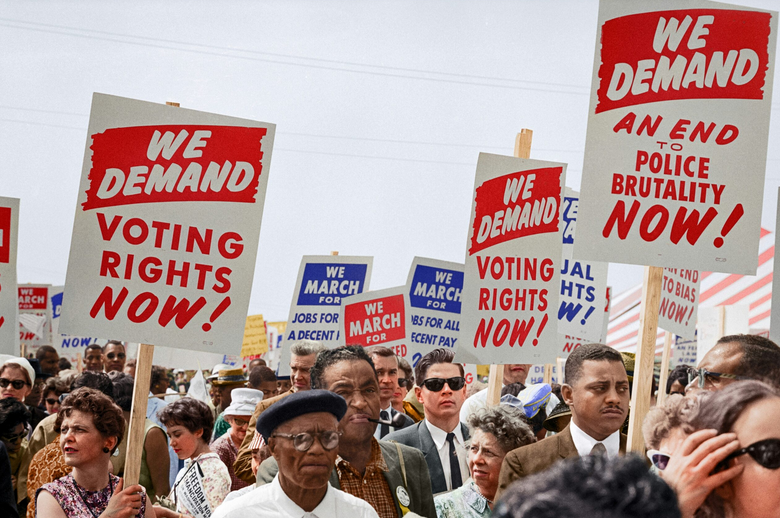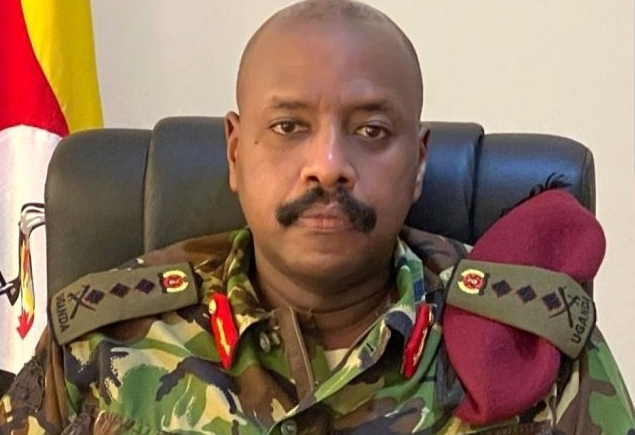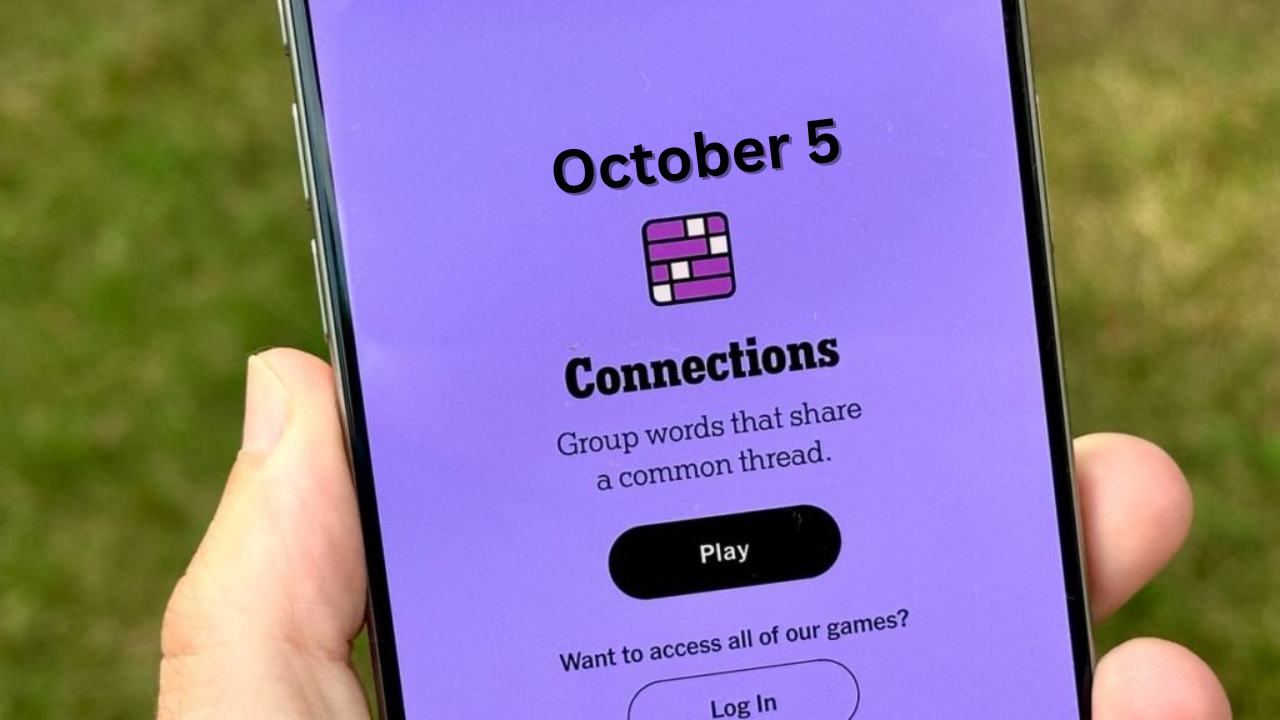Redlined for Failure and the Prison Pipeline
Ndume Olatushani is an artist, organizer, and a passionate advocate for justice who works with the Children’s Defense Fund’s Nashville organizing team.
He helps us fight to keep children and people of color, especially Black boys, out of the Cradle to Prison Pipeline and mass incarceration system which will trap 1 in 3 Black boys born in 2001 sometime during their lifetime. He also combats zero tolerance school discipline policies that push Black children, especially Black boys, out of school and criminalize children of color. I met Ndume soon after he was freed as an inmate wrongly convicted of murder who served almost 28 years in prison, 20 on death row, before his release June 1, 2012. He’s a gentle, forgiving man. Long before that, Ndume was a small Black boy trying—and failing—to survive the violence, poverty, and low expectations that surrounded him.
Not long after his release from prison, he wrote his story:
“My name is Ndume Olatushani. I was born and raised in St. Louis, Missouri. I currently reside in the Nashville, Tennessee area. I spent my early years in the notorious Pruitt- Igoe Projects where the best and worst of human behavior were always on display. Because the Pruitt-Igoe Projects had become so lawless they were the first to be torn down by the federal government in the 1970’s.
“At a young age I was exposed to all kind of things that no child should ever be exposed to. At the age of five I witnessed my first murder, which was of a young black man. At the time, I did not realize how this tragic event would help shape me but, like any child exposed to violence over a sustained period of time, I gradually became desensitized to violence. In some ways I became the people who stood around at the site of the playground murder, laughing and joking, as the young man took his last breaths.
“Though I officially dropped out of school in the eleventh grade, I had checked out of school mentally years earlier. In the newly integrated schools I attended, I experienced hostility from my white peers and discouragement from my teachers. My fourth grade teacher who was white asked my class what we wanted to be when we grew up. When I told her I wanted to be a veterinarian, her response was that I should instead aspire to do something with my hands, like construction.
“Years later, when I was sitting in a prison cell assessing my life, I understood the significance of her statement. As a child I did not understand the effect her statement had on me psychologically, and I did not understand the pathology of racism. Of course I do not lay the misguided decisions I made on her doorstep, but she was a part of the thread that weaved the quilt of my life. It was her and so many small but significant events that I was exposed to as a child that contributed to the trajectory of my life’s decisions.
“As a young man, I began making some bad decisions that landed me in jail and prison on a range of felony charges. I have seen the inside of jails and prisons in four states. While I was making the decisions that landed me in all those jail and prison cells, I had no idea that the criminal record I was developing would lead to me being falsely accused and wrongly convicted of a robbery murder. I was 26 years old when, in 1985, I was wrongly convicted and sentenced to death for a murder that took place in Memphis, Tennessee, a state I had never even stepped foot in before standing trial there.
“It took 28 years — 20 of which I spent on death row—for me to finally prove that I was innocent. In December of 2011, a court overturned my conviction in the face of overwhelming proof that the prosecutors in my case had buried a mountain of evidence demonstrating my innocence. The bulk of the buried evidence showed that an entirely different group of suspects were the real perpetrators of the crime…
“I was red-lined for failure, although I do not absolve myself from the decisions that I made that helped make it possible. But those decisions were not without some guidance and direction from a system [whose] only use for some people is for them to be sitting in a jail or prison cell. We have to ensure that we are fully aware of this system and we have to continue to work hard at disrupting and dismantling this system to save our children. “I feel strongly about not forgetting all the men I left behind in prison. I am deeply committed to working for criminal justice reform. The work [I and my coworkers are] doing to challenge polices resulting in the mass incarceration of people of color and especially the zero tolerance policies leading to the criminalization of our children is incredibly important to me and it should be to all of us. I witnessed what the policies of mass incarceration have done to generations and we don’t have to wonder about its effects on our future.”
Ndume taught himself to become a fine artist in prison and has not a bitter or mean bone in his body. He works tirelessly today with poor children, especially boys of color living in Nashville housing projects, encouraging alternatives to the street through art.
Ndume’s art along with his mentees’ creations grace our offices in Washington, D.C. and Tennessee to remind us of the gifts children have if we enable them to come forth and blossom and not discourage them. Every parent and educator ought to be very mindful about the power their words and attitudes convey to the children we raise and teach. They will live up or down to our expectations. Let’s make sure we lift them all up and give them something to strive toward.
Marian Wright Edelman is President of the Children’s Defense Fund whose Leave No Child Behind® mission is to ensure every child a Healthy Start, a Head Start, a Fair Start, a Safe Start and a Moral Start in life and successful passage to adulthood with the help of caring families and communities. For more information go to www.childrensdefense.org


